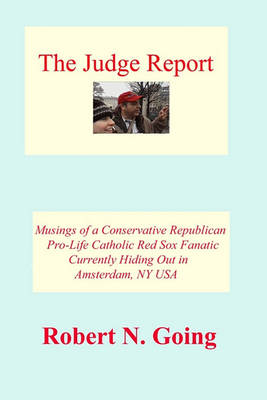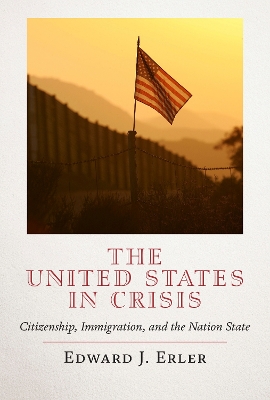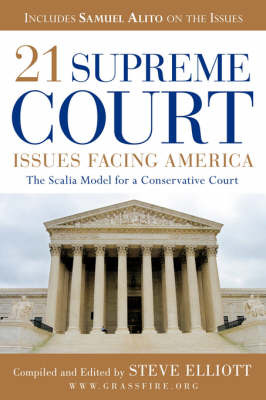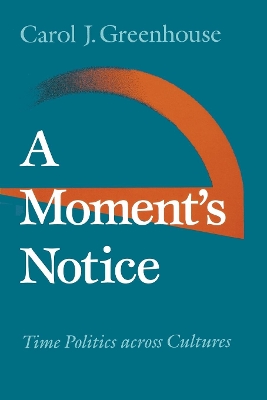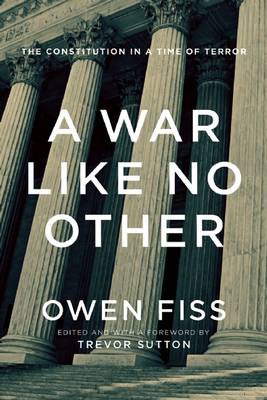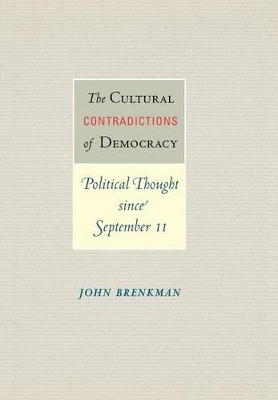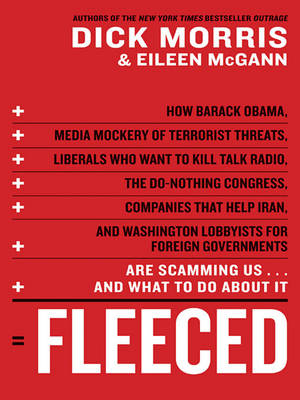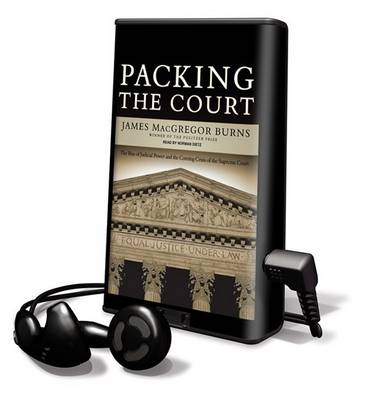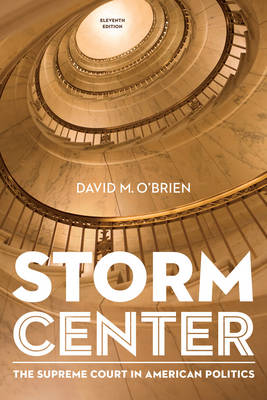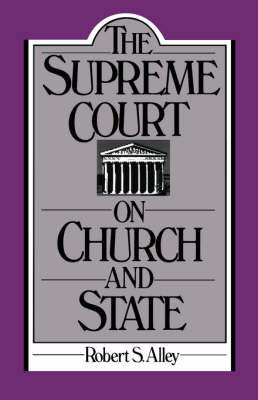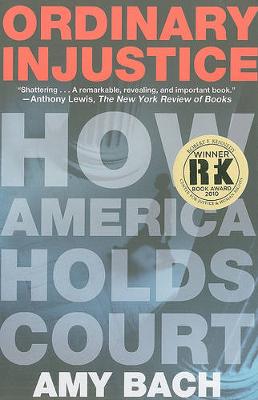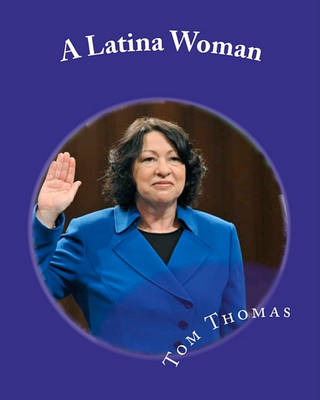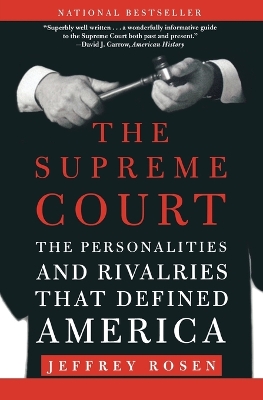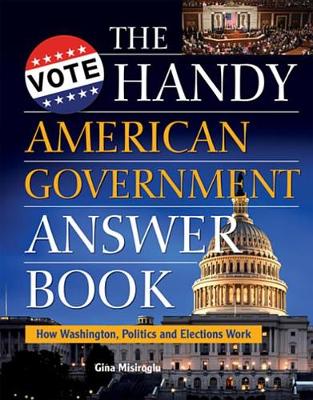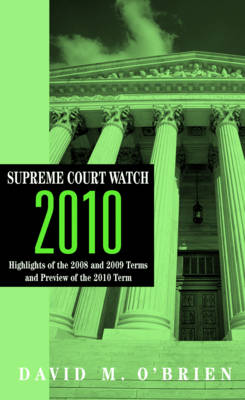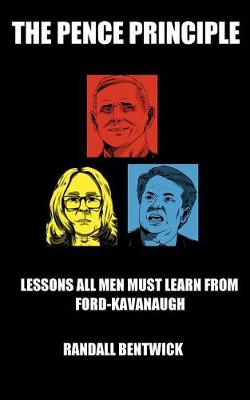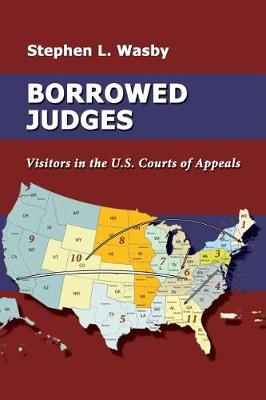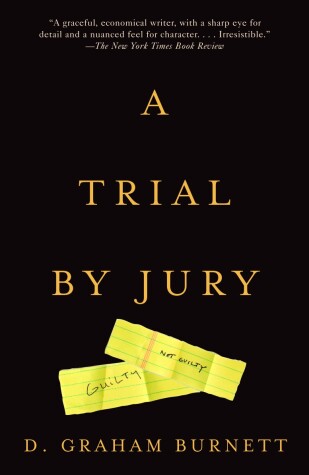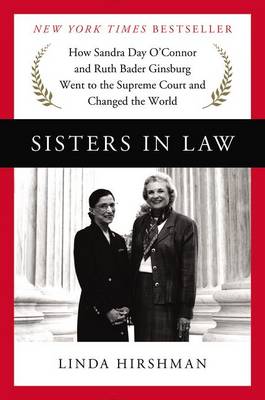The United States in Crisis: Citizenship, Immigration, and the Nation State argues that to preserve our freedom Americans must mount a defense of the nation state against the progressive forces who advocate for global government. The Founders of America were convinced that freedom would flourish only in a nation state. A nation state is a collection of citizens who share a commitment to the same principles. Today, the nation state is under attack by the progressive Left, who allege that it is th...
Focusing on the problem of time—the paradox of time's apparent universality and cultural relativity—Carol J. Greenhouse develops an original ethnographic account of our present moment, the much-heralded postmodern condition, which is at the same time a reflexive analysis of ethnography itself. She argues that time is about agency and accountability, and that representations of time are used by institutions of law, politics, and scholarship to selectively refashion popular ideas of agency into pa...
Since 9/11, American foreign policy has been guided by grand ideas like tyranny, democracy, and freedom. And yet the course of events has played havoc with the cherished assumptions of hawks and doves alike. The geo-civil war afflicting the Muslim world from Lebanon through Iraq and Afghanistan to Pakistan confronts the West with the need to articulate anew what its political ideas and ideals actually are. In The Cultural Contradictions of Democracy, John Brenkman dissects the rhetoric that has...
With sharp, detail-filled style Morris and McGann are sure to stir up controversy with the hard facts laid out in this book. From claims about the slave state of Dubai; secretly buying everything from MGM to the Queen Mary to credit card companies abuse; charging interest every way they can, Screen-Studios product; and, placing tobacco in PG films and outrageous corporate salaries: $249M for Capital One's CEO, $230M for Yahoo's - this book is sure to add fuel to the election fires.
From renowned political theorist James MacGregor Burns, an incisive critique of the overreaching power of an ideological Supreme Court For decades, Pulitzer Prize-winner James MacGregor Burns has been one of the great masters of the study of power and leadership in America. In Packing the Court, he turns his eye to the U.S. Supreme Court, an institution that he believes has become more powerful, and more partisan, than the founding fathers ever intended. In a compelling and provocative narr...
"[The author] shows how the Supreme Court is a 'storm center' of political controversy, where personality, politics, law, and justice come together to help determine the course of public policy and shape American society. The eleventh edition features new coverage of events that have dominated the headlines, such as the battle to fill Justice Scalia's seat and the landmark decision for marriage equality in Obergefell v. Hodges."--
In revising and updating Joseph Tussman's The Supreme Court on Church and State, Robert Alley has collected the major Supreme Court decisions on the separation of church and state to provide a comprehensive and non-partisan guide to the Court's opinions. Cases are presented in their entirety, with many essential dissenting opinions, and cover a representative sample of significant issues. With a historical introduction and a chart of Supreme Court Justices's votes, this book is an important re...
In The Supreme Court, Lawrence Baum provides a brief yet comprehensive introduction to the U.S. Supreme Court, one that is balanced and illuminating. In successive chapters, the book examines each major aspect of the Court: the selection, backgrounds, and departures of justices; the creation of the CourtAEs agenda; the decision-making process and the factors that shape the CourtAEs decisions; the substance of the CourtAEs policies; and the CourtAEs impact on government and American society. With...
The Logic of Law in Society
by Charles Anthony Smith and Adam B Shniderman
The Handy American Government Answer Book (Handy Answer Books)
by Gina Misiroglu
When Princeton historian D. Graham Burnett answered his jury duty summons, he expected to spend a few days catching up on his reading in the court waiting room. Instead, he finds himself thrust into a high-pressure role as the jury foreman in a Manhattan trial. There he comes face to face with a stunning act of violence, a maze of conflicting evidence, and a parade of bizarre witnesses. But it is later, behind the closed door of the jury room, that he encounters the essence of the jury experienc...
An account of the intertwined lives of the first two women to be appointed to the Supreme Court examines their respective religious and political beliefs while sharing insights into how they have influenced interpretations of the Constitution to promote equal rights for women.
